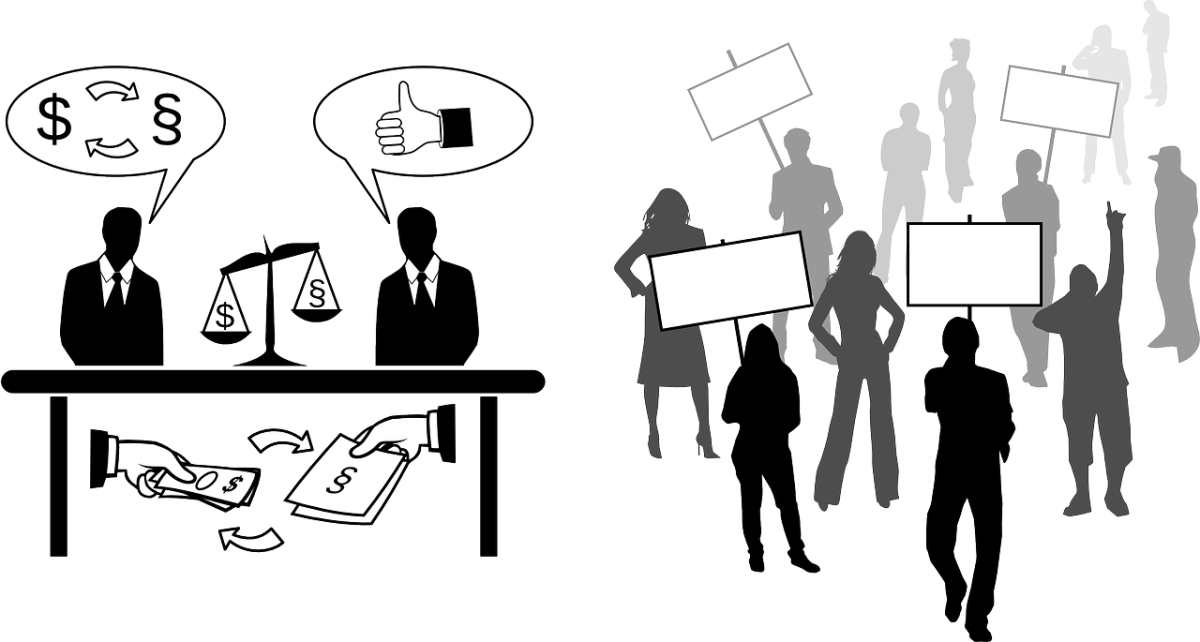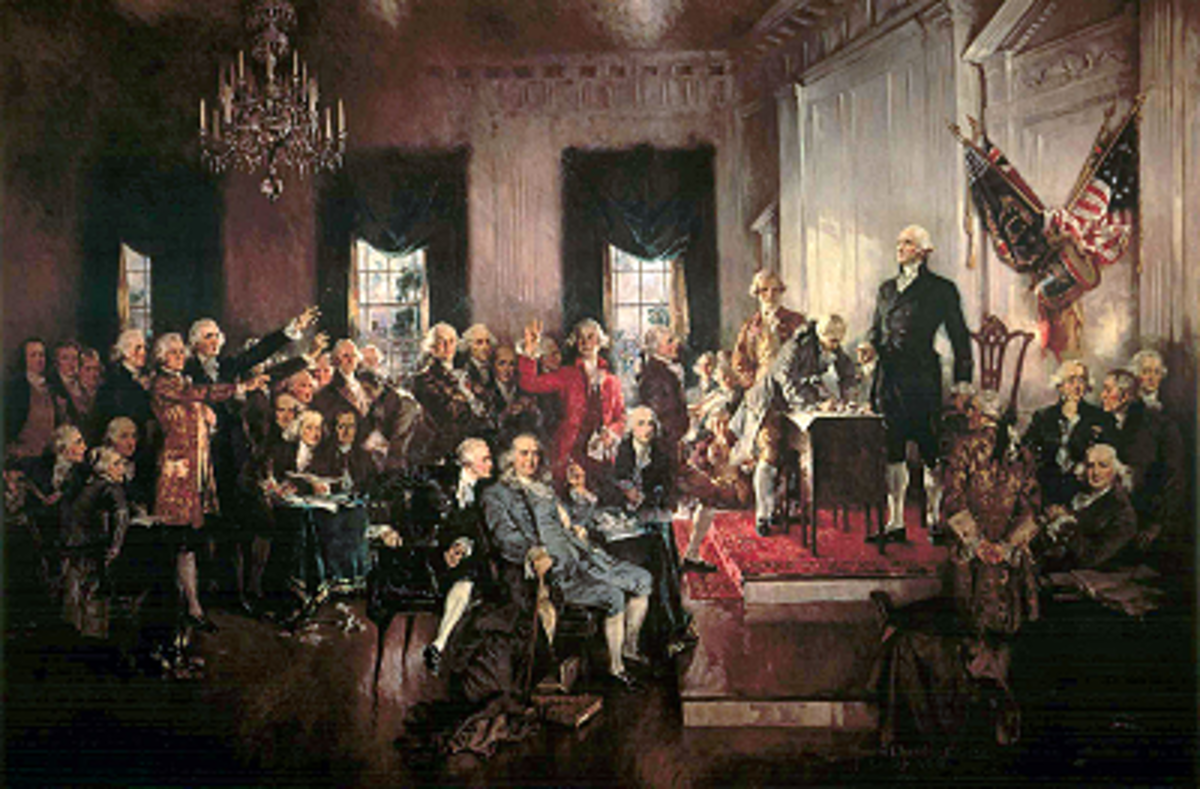What do you do when your democracy fails?

Since 2008, the world has been blundering along in a haze of excuses, economic disasters, infantile political tantrums and obsessive mismanagement of critical social issues on all levels. The people supposed to represent the people haven't done a damn thing worth mentioning. The democratic process is effectively non-existent, a pitiful travesty of anything that has ever claimed to be or believe.
Since the fall of communism, the quality of Western democracy has progressively deteriorated. Communism was itself a mediocrity when it collapsed, basically nothing more than empty rhetoric. It was an equally chronic case of economic mismanagement at all levels at the end, leaving a worthless currency, a crime- addled society and impoverished people in its wake.
The most basic theory of democracy is that the interests of the society are properly represented at all levels. Even a compulsive liar couldn't possibly describe modern Western democracy as representative of the simplest, most fundamental principles of democracy.
In the United States, a 40% voter turnout means that some figure over the 20% mark is trying to pass itself off as a "majority". In other words something like 70 to 75% of the public is effectively not represented at all, and not at least not by the people they want to represent them. The United States Congress has been in gridlock for so long it has actually forgotten how to pass laws. The "ideologies" of American politics are museum pieces, entirely inappropriate for a global society, let alone the global economy.
The rest of the democratic world isn't in much better shape. In Australia, Canada and the United Kingdom there are hung parliaments. This is as much a representative of voter dissatisfaction as anything else. The European democracies stagger along with their own separate issues.
Democracy is perhaps the most advanced, and certainly the most trustworthy, of any form of government so far invented. In its current form, it is achieving precisely nothing. So – What do you do when your democracy fails?
There are no historical precedents for the modern society. The machine in effect has outpaced its design specifications. Not that the historical precedents would be a great help, anyway.
The historical alternatives to democracy are:
Autocracy – the most unstable, unreliable and untrustworthy of all governments.
Socialism – one of the most verbose, and badly expressed social theories ever expounded. This was the political theory that quite literally talked itself to death.
Communism – the idiot child of socialism, strained through the highly debatable intellects of political hacks.
Theocracy – insanity with legislative power, enforced by fanatics.
Appealing load of garbage, isn't it? One of the most hideous ironies of democracy and the other forms of government is that very few of them were ever created on the basis of practicalities. The theory of representation was supposed to cover practicalities. It didn't, and right at the moment it's doing a worse job than ever.
The answer to the question "What do you do when your democracy fails?" is to build a better democracy, preferably one which is actually relevant to the real world.
Here are a few working principles:
Representatives must be accountable. If you're elected, you must be responsible for what you do while you're elected.
Representatives must be at a remove, preferably a physical remove, from lobbyists and interest groups. Any form of lobbying should be done in writing and subject to public scrutiny.
Representatives must be truly representative of their constituencies. If you have 100,000 people in an electorate and only three of them vote, that vote cannot possibly be construed as representative. In effect, what you need is a voter quorum to elect representatives.
An effective audit trail needs to be created to ensure that voting and election results are honest. The current system is open to abuse, and there is some reason to believe that it has been abused. Electronic voting could, if someone kindly condescend to get it right, be the answer.
Political parties should be abolished. The political machines are arguably the worst part of the problem; the super PACs in the United States are a classic case of unaccountable politics. The "two-party system" simply doesn't work. Partisan party politics has effectively suffocated democracy in the United States in recent years. That situation must not be allowed to continue. It has been an unmitigated disaster for the nation and the world.
Representatives should be overseen by independent bodies and if necessary prosecuted. This is a true no-brainer, but obviously necessary.
What is required is a political system that can be truly representative, democratic and above all trustworthy.
The machinery of government similarly also needs to be overhauled in its entirety. The process of government must be subject to effective scrutiny and control. Any policy or law which disadvantages or injures anyone must be subject to review. In the past, that would have been a perfectly impractical suggestion; now it can be done with an e-mail.
Both political and administrative government must be held to account for any policy, law or statutory action which causes loss to businesses or individuals.
These are very basic ideas. In one of my books I use an acronym "GTOTBO" which means "Guided Tour Of The Bloody Obvious". What is very bloody obvious is that the current form of "democracy" is well past its use by date. It must be replaced with a more modern and far more efficient version if humanity expects to achieve anything in terms of good government.
It will happen, sooner or later. At the rate this alleged democracy is going, sooner will probably save millions of lives and much misery. Maybe for the first time in human history, something will go right.









